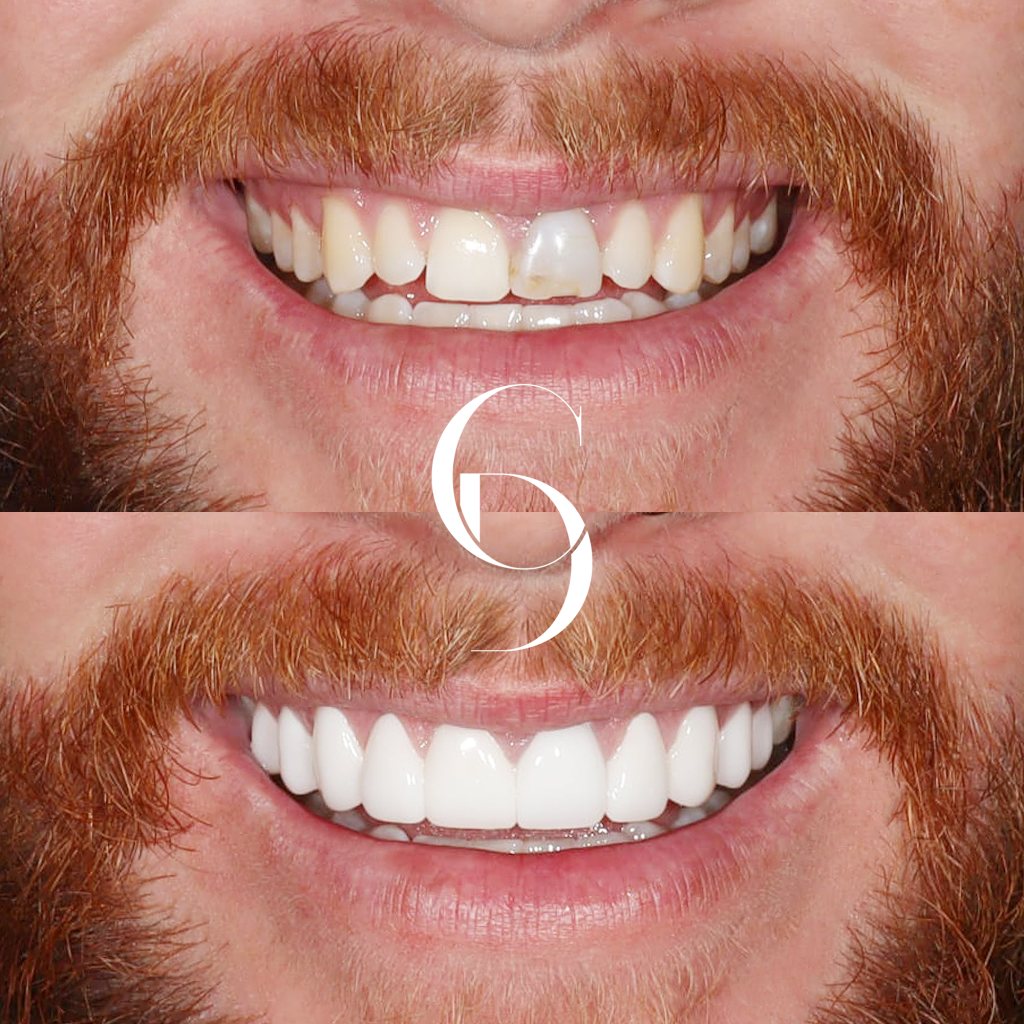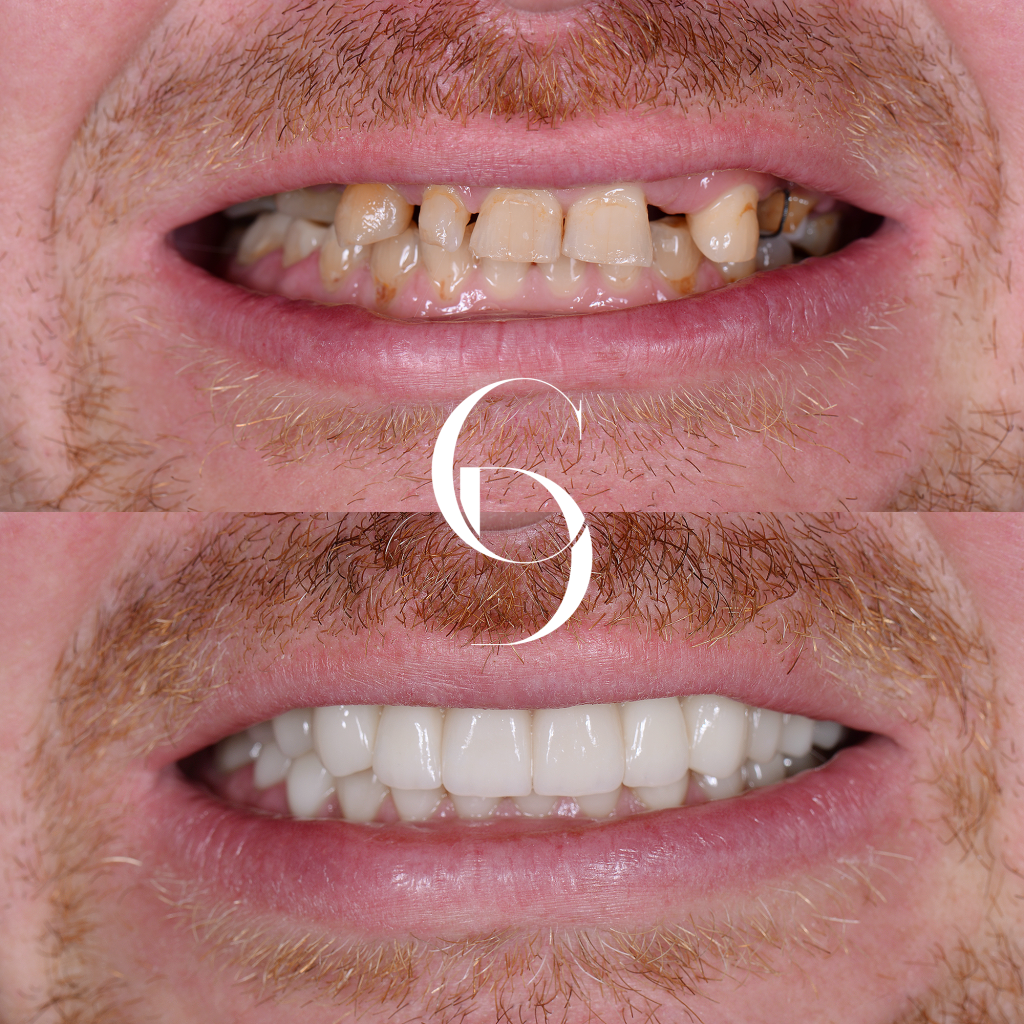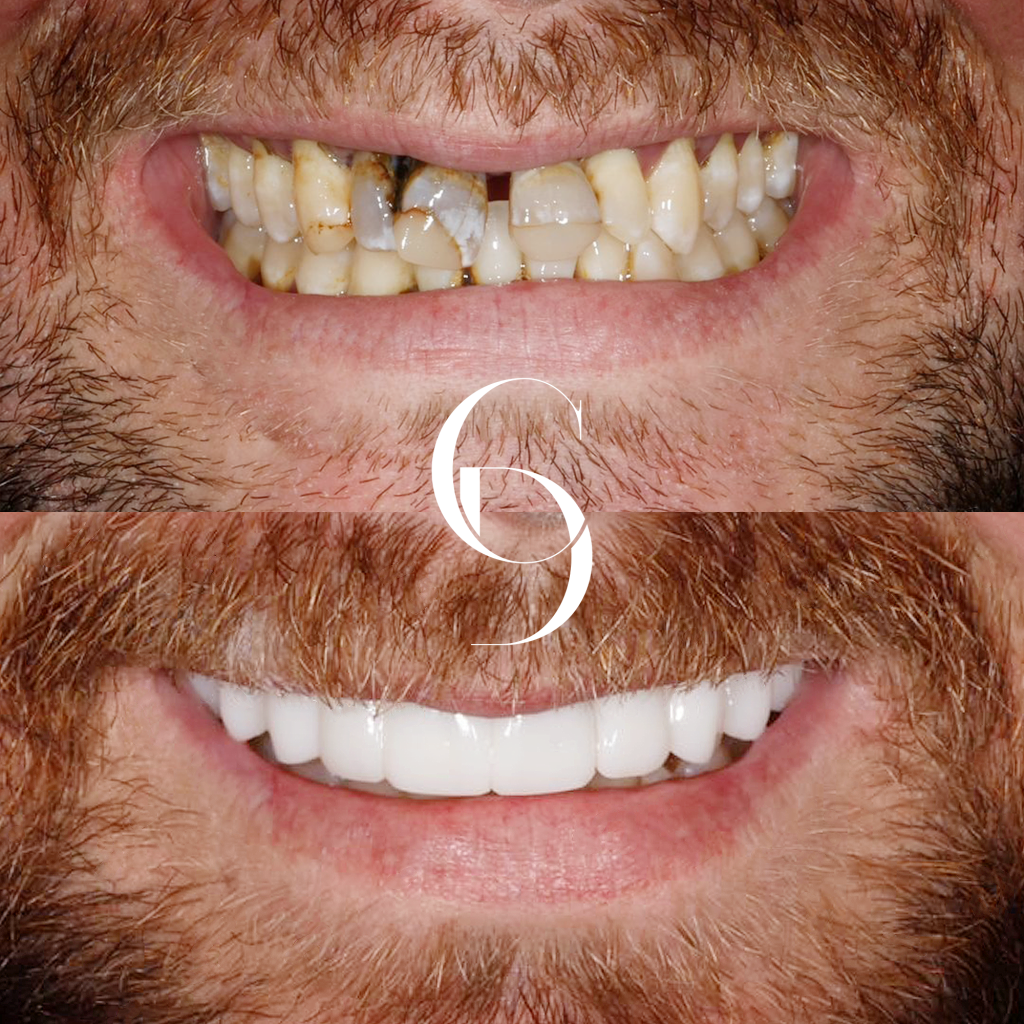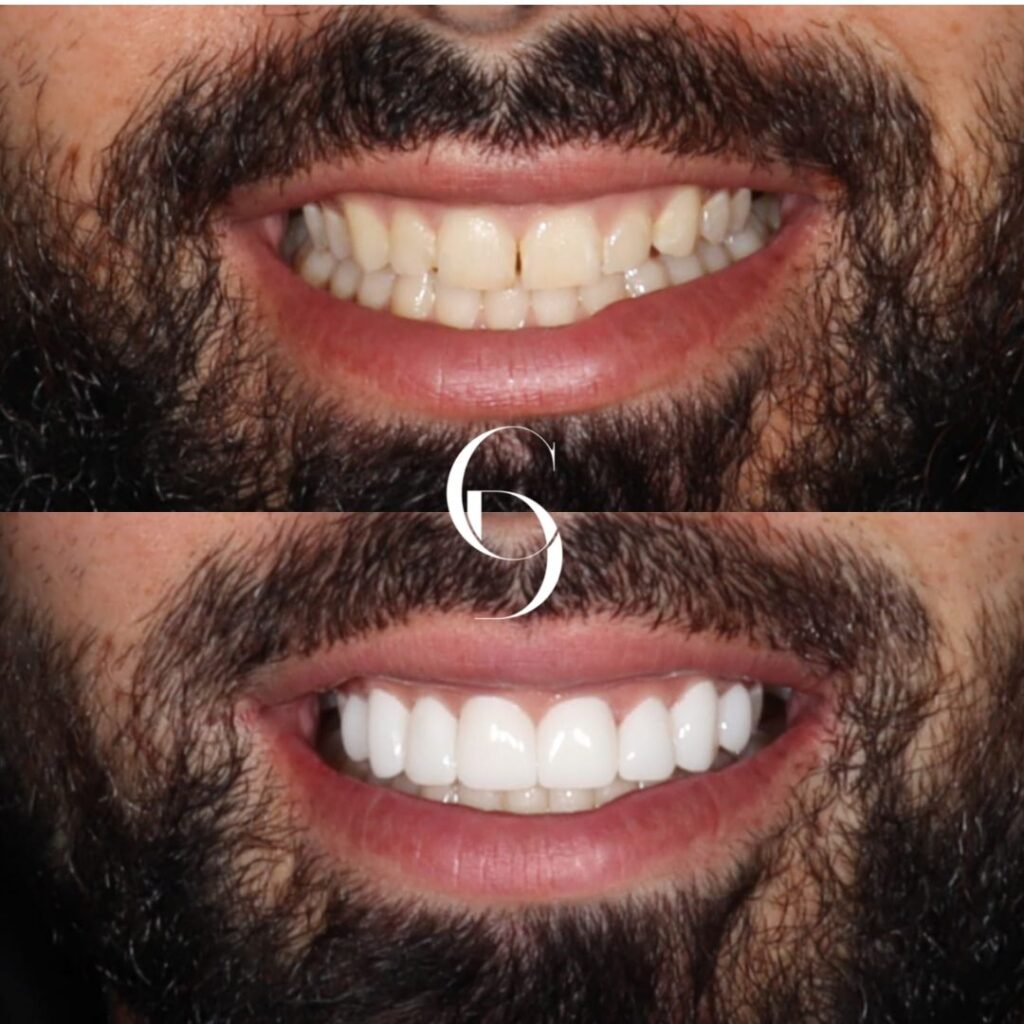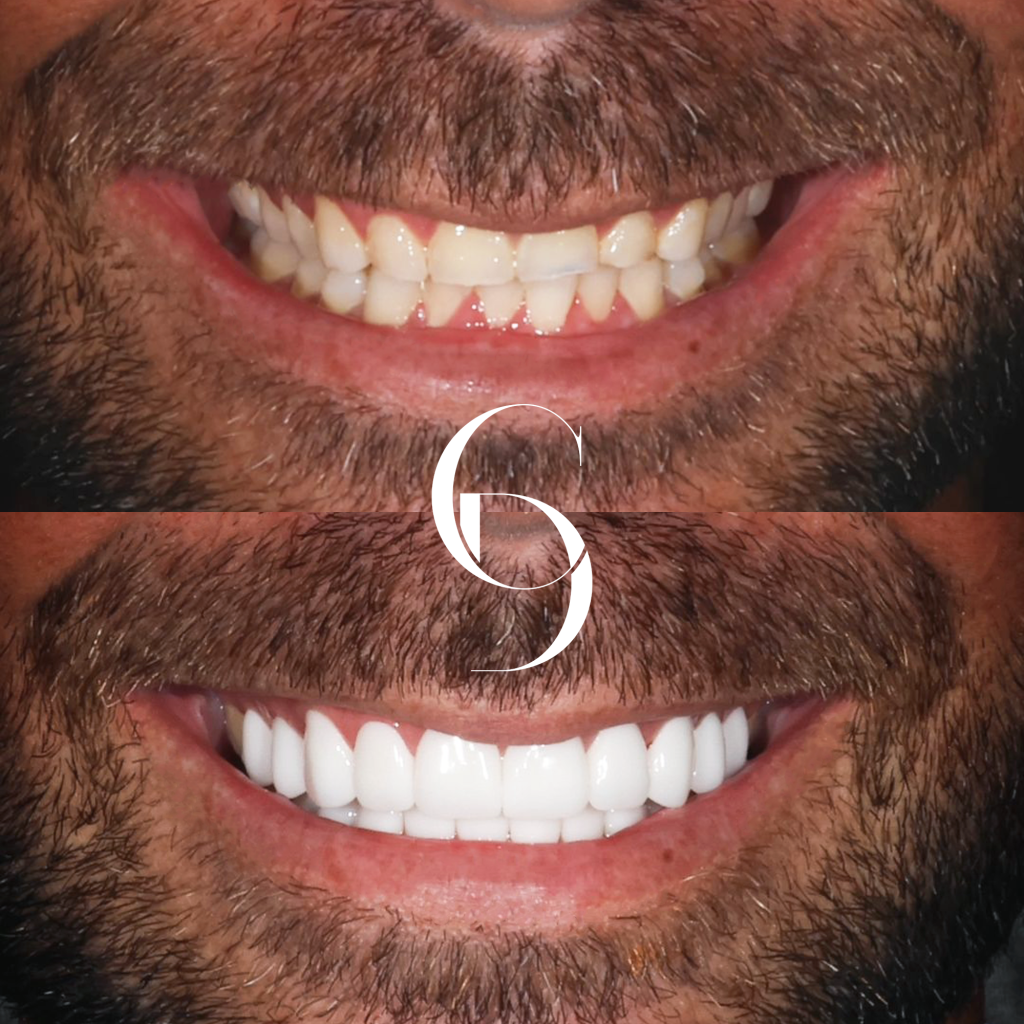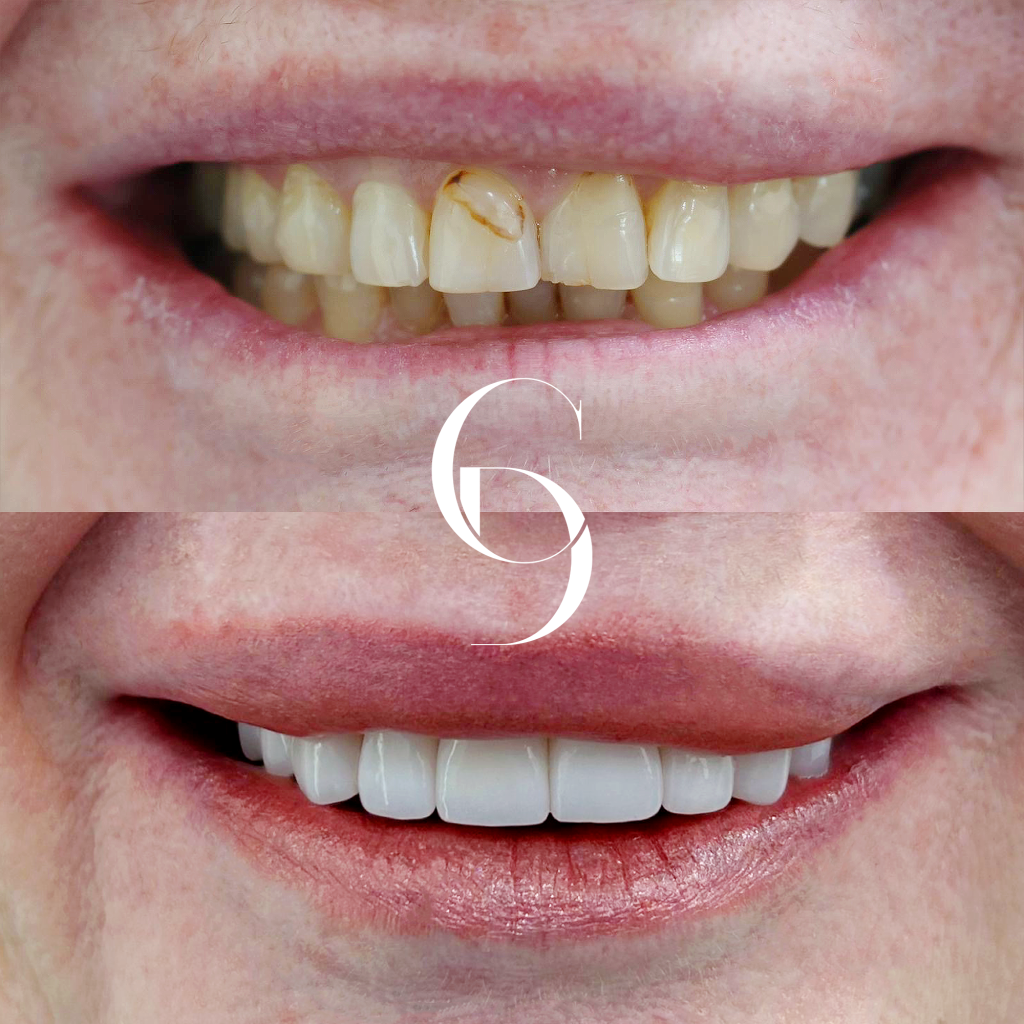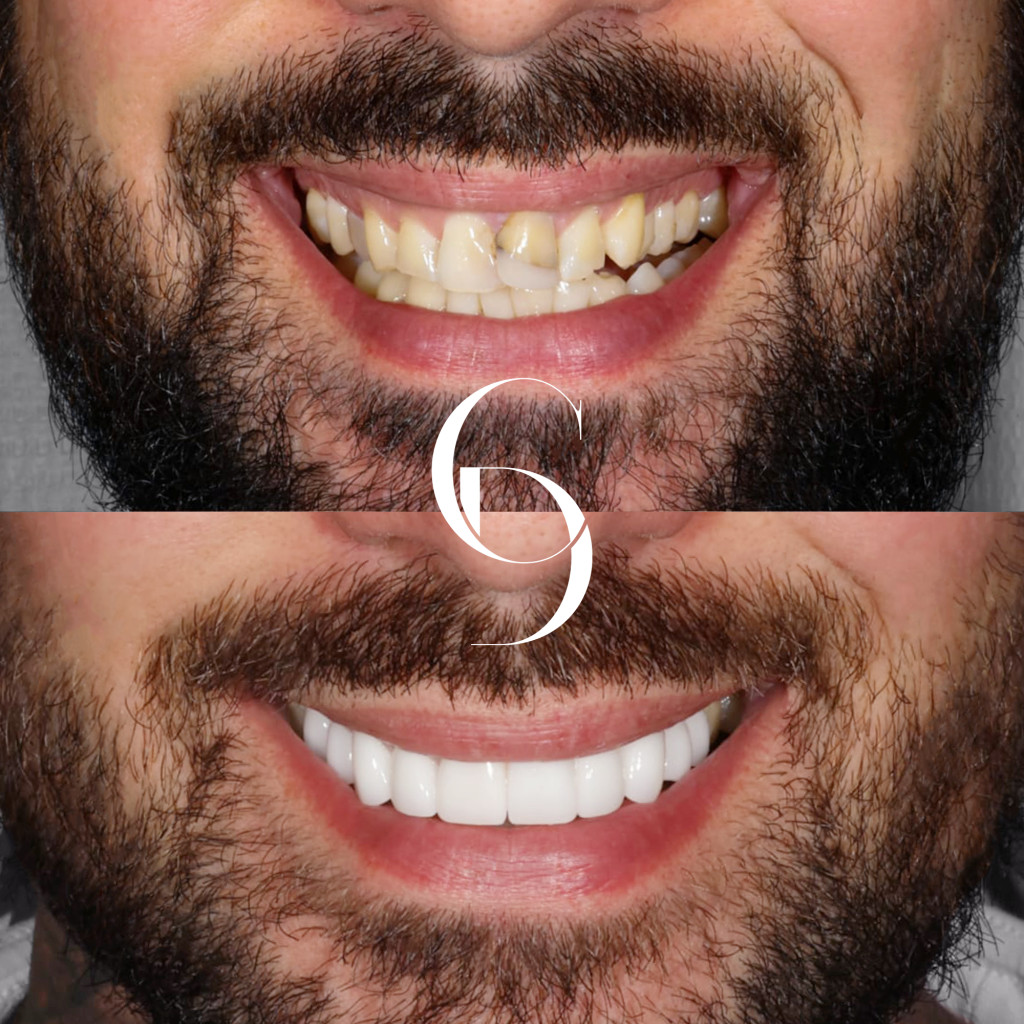Are you tired of living with the discomfort and inconvenience of missing teeth? Have you ever wondered what it would feel like to smile confidently again and eat without worrying about the pain?
Dental implants offer just the perfect solution you have been looking for. It’s the most practical and preferred method to replace a damaged or missing tooth. This simple solution works for a variety of patients experiencing varied dental issues, be it severely cracked or damaged teeth, loose-fitting dentures, or bone loss in the jaw area. So, its relevancy makes complete sense here!
However, when considering such an important investment for the health and appearance of your teeth, most importantly, your smile and confidence, you need to be certain you are hiring the right dental implant dentist you can trust and rely on. To make things simple for you, we have discussed a few important things to keep in mind while choosing a healthcare provider to place your dental implants. But before that, let us find out if you actually need them!
Why Do You Need Dental Implants?
Dental implants are a crucial solution for individuals who have experienced tooth loss for various reasons. Here are some of the key reasons why someone might need dental implants:
Missing Teeth: Dental implants can effectively fill those gaps due to missing teeth, whether you’ve lost teeth due to decay, gum disease, injury, or any other cause.
Improved Aesthetics: They provide a natural-looking solution that restores your smile and boosts your confidence.
Enhanced Functionality: Missing teeth can make eating, speaking, and performing everyday activities challenging. This solution restores full functionality, allowing you to enjoy a wide range of foods and speak clearly.
Preventing Further Dental Issues: Gaps left by missing teeth can lead to dental problems such as shifting of adjacent teeth, bite problems, and bone loss. Dental implants prevent these issues by maintaining the alignment and stability of your teeth.
Preserving Jawbone Health: These implants stimulate the bone, preventing deterioration of the jawbone due to lost teeth, preventing further loss, and preserving your facial structure.
Things to look while finding a good implant dentist
Certification and Qualification
Verify that the dentist has undergone relevant postgraduate education and acquired certifications and practical experience in implant dentistry. Check for memberships in organizations like the International Congress of Oral Implantologists (ICOI), indicating their commitment to staying updated with the latest advancements.
Inquire about the dentist’s experience in performing dental implant procedures. Ask about the number of implant cases they have successfully completed and their areas of expertise. An experienced implant dentist is better equipped to handle complex cases and anticipate potential complications, ensuring the best possible outcomes for patients.
Updated Technology
Choosing an implant dentist with up-to-date technology is vital for a successful procedure. Look for digital X-rays, Cone Beam CT scanners, and advanced planning software, as these enhance accuracy in diagnostics and implant placement. These technologies reduce radiation exposure, offer 3D imaging for precise planning, and ensure that the procedure is well-informed and efficient.
Do not forget to inquire about the utilization of advanced techniques like bone grafts and growth factors, which can be essential for augmenting the jawbone when necessary. Staying current with evolving implant dentistry advancements demonstrates a commitment to your safety and long-term treatment success.
Easy Finances and Accepted Insurance
A reputable dentist will create a personalized treatment plan, considering factors like bone density, gum health, and bite alignment while offering clear, transparent pricing that includes consultation fees, imaging, and post-operative care. You can set a budget for your implant procedure and obtain written quotes from multiple dentists in your area. Keep in mind that extremely low prices may indicate a lack of experience or the use of subpar materials, so balance affordability with quality.
While many dental insurance policies may not fully cover implants, check with your insurer for potential partial reimbursement. Choosing an insurance-accepting dentist reduces out-of-pocket expenses. Also, don’t forget to look for dentists offering flexible payment plans, allowing you to divide the costs into manageable monthly installments, making the procedure budget-friendly.
Shortlisting After Thorough Online Research
Before committing to dental implant treatment, thorough research is essential. Start by visiting the dentist’s official website to gain an understanding of their services, treatment approach, and qualifications. A well-structured and informative website often reflects a dentist’s commitment to professionalism and patient care.
Also, seek reviews on third-party websites like Glassdoor and gather feedback from people who have undergone similar procedures. Positive references and testimonials will provide you with valuable insights into a dentist’s reputation and patient satisfaction.
This proactive approach ensures that you make an informed decision and choose a dentist who meets your individual needs.
Post Treatment Accountability
Inquire about the dentist’s availability for emergencies and their follow-up protocols. A responsible implant dentist is committed to ongoing care, which includes monitoring the healing process and addressing any post-operative concerns that may arise.
Choosing an implant dentist who prioritizes follow-up care ensures that you receive comprehensive support even after the procedure is completed. This accountability is essential for monitoring the success of your tooth implants, addressing any potential complications early on, and ensuring the longevity of your implant-supported teeth.
Wrapping Up
Remember that dental implants are a significant investment in your oral health and quality of life. Selecting a qualified implant dentist who offers a personalized, and transparent treatment approach along with support and care is a crucial step in guaranteeing the success and long-term well-being of your dental implants.


